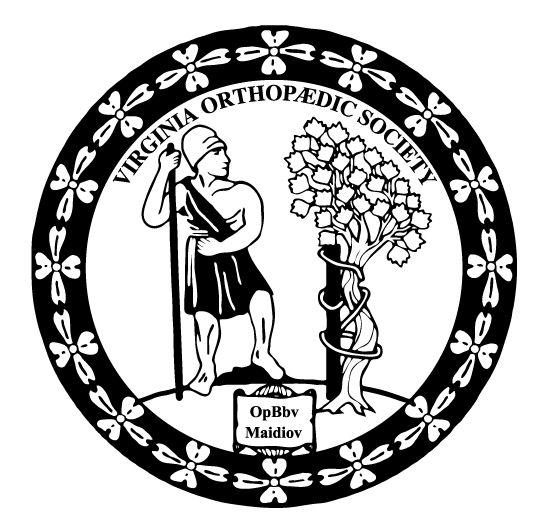Drug overdose death rates in the United States have increased five-fold since 1980. Prescription drugs, especially opioid analgesics, have been increasingly involved in drug overdose deaths.2 Drug abuse and addiction are claiming the lives of more Virginians and have led to an increased burden on elevated health care costs from drug-related emergency department visits and treatment admissions. Opioid-related overdose deaths now outnumber overdose deaths involving all illicit drugs such as heroin and cocaine combined.
Strategies to address these issues require a multi-pronged approach and coordinated effort amongst multiple stakeholders, which is why Medical Society of Virginia (MSV) President William C. Reha, M.D., M.B.A. and the MSV Board of Directors appointed the MSV Opioid Misuse Task Force earlier this year. This group was tasked with identifying opportunities for MSV to take a leadership role in creating public awareness, developing education education and resources, and identifying prescriber and patient protections.
The governor has also identified opioid and heroin dependence as a major concern for the commonwealth. In 2014, Governor McAuliffe established the Governor’s Task Force on Prescription Drug and Heroin Abuse to recommend immediate steps to address a growing and dangerous epidemic of prescription opioid and heroin abuse in Virginia, with the ultimate goal of improving public safety and public health. The governor’s task force recently completed their work and submitted formal recommendations for his consideration. A number of legislative and public health strategies are expected to be carried forward, including a requirement that prescribers participate in continuing medical education on appropriate opioid prescribing. The full recommendations are available here.
Within the context of the state work and in consideration of the growing problem both groups are working to address, the MSV task force presented a number of recommendations to the board at its September meeting. The board adopted the recommendations, which will be available for discussion at the 2015 MSV Annual Meeting. Ideas that were presented, that will be further prioritized by the board based on available resources, include the following.
- Supporting prescriber education:
MSV should support that Virginia’s prescriber licensing bodies (the Virginia Board of Medicine, the Virginia Board of Nursing, and the Virginia Board of Dentistry) be granted the statutory authority to require specific topic-area continuing education of licensees regarding opioid prescribing and/or addiction education. The development of any such requirements should be undertaken in collaboration with public health experts and the relevant professional and specialty organizations, include provisions for measuring the effect of implementing the requirements as compared to the desired outcome, and incorporate an appropriate sunset clause. Further, the licensing bodies should be mindful of current specialty training requirements that may already address the concern, such as maintenance of board certification. In response to any such requirements, the MSV should strive to make the prescribed programming easily accessible and affordable for its members. - Assisting with patient education:
MSV will participate in efforts to educate the public regarding this epidemic, such as the promotion of patient education materials on safeguards for the treatment of chronic pain, proper use and disposal of medications and non-pharmacologic modalities for managing pain. - Enhancing prescriber education:
MSV will support a collaborative, targeted approach to prescriber education that incentivizes providers to grow their knowledgebase in this area. For instance, MSV may want to partner with medical schools, medical staffs, liability carriers, the Virginia Prescription Monitoring Program and others to offer conveniently available educational programming and feedback. - Promoting use of electronic tools to mitigate risk:
MSV believes all prescribers should voluntarily utilize the prescription monitoring program as a risk management tool, and will encourage opportunities for improving utilization. Additional opportunities include education regarding the Drug Enforcement Administration standard for electronic submission of controlled substances and encouraging electronic health record companies to provide a real-time interface with the state prescription monitoring program. - Supporting non-punitive approaches to addressing substance use disorder:
MSV recognizes that addiction is a medical condition that requires treatment. MSV will consider opportunities to improve access to and coverage for improved coverage of screening and treatment.
